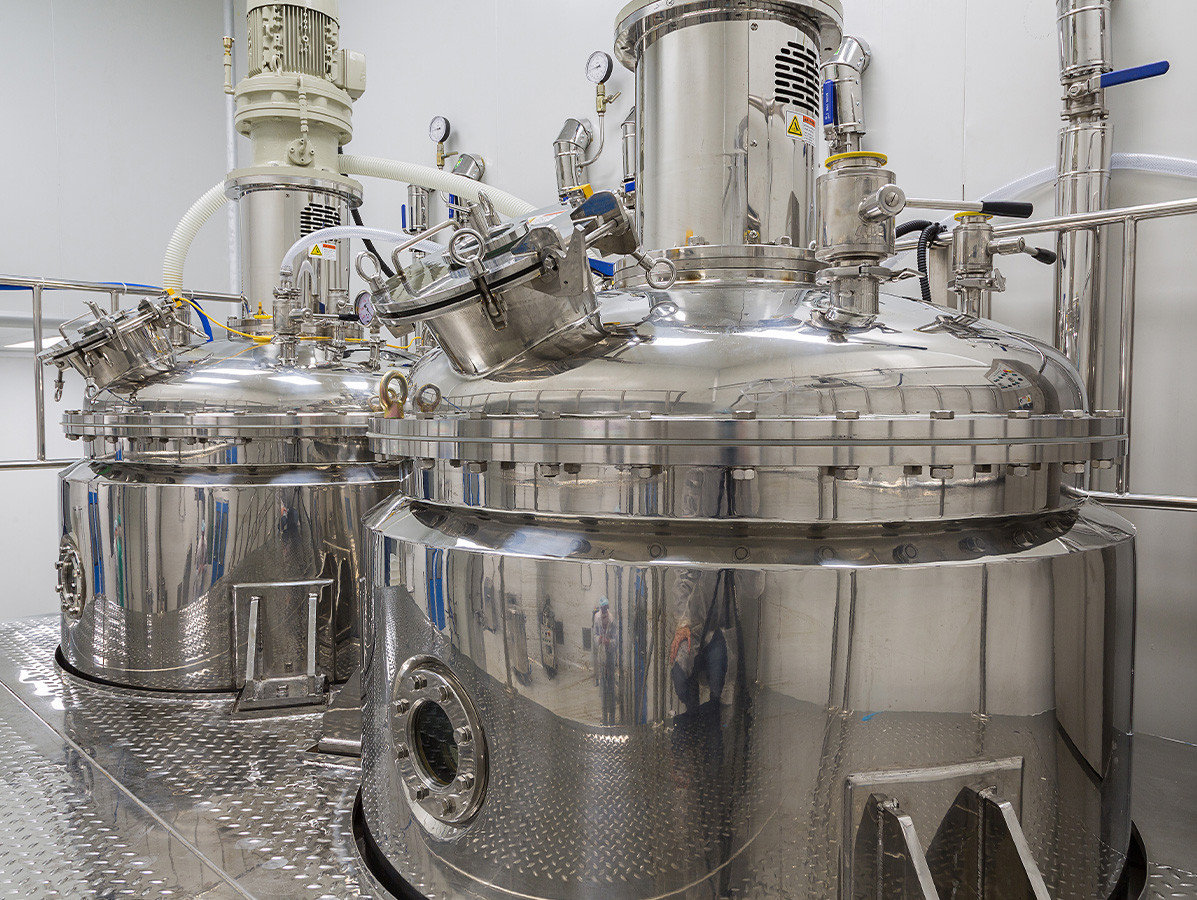We're currently searching through more than 4,000 articles, just a moment's patience...
We're currently searching through more than 4,000 articles, just a moment's patience...

Chemicals and materials from renewable raw materials, such as biomass, will become increasingly important in the circular economy of the future. It is likely that microbial fermentation conversion technology will play a key role in this process. Wageningen Food & Biobased Research investigated the state of chemical production with fermentation technology based on scientific literature.
It identified a Top 7 of promising methods for the sustainable production of bulk chemicals as an alternative to products currently made from petroleum. They are: ethanol, lactic acid, succinic acid, 1,3-propanediol, itaconic acid, 1,4-butanediol and PHA (biopolymers).
Wageningen Food & Biobased Research's study can serve as a tool to decide on investments in realistic processes and raw materials for the biotechnological production of widely used chemicals. Meanwhile, the development of new technology is ongoing. Using genome editing, high-throughput screening and computer calculations, for example, it is possible to develop new strains of micro-organisms. Work is also in progress to integrate electrochemistry into fermentation processes. This could further increase the efficiency and thus the economic viability of these processes.
Read the publication 'Fermentation for the production of biobased chemicals in a circular economy : a perspective for the period 2022-2050'
Image: Jasen Wright/Shutterstock.com
Source: Wageningen University & Research
Vakblad Voedingsindustrie is a project of b2b Communications BV.
© COPYRIGHT 2025 VOEDINGSINDUSTRIE | ALLE RECHTEN VOORBEHOUDEN
Powered by Wallbrink Crossmedia © 2025
Een abonnement kost € 80,- exclusief 9% BTW per jaar.

We work in accordance with the privacy legislation. After your registration you will receive an e-mail with a confirmation link. Only after you have clicked on this link will you be registered as a recipient of the newsletter. If you can't find the e-mail in your inbox, please also look at unsolicited e-mail.


Lorem ipsum dolor sit amet, consectetuer adipiscing elit. Aenean commodo ligula eget dolor. Aenean massa. Cum sociis natoque penatibus et magnis dis parturient montes, nascetur ridiculus mus. Donec quam felis, ultricies nec





